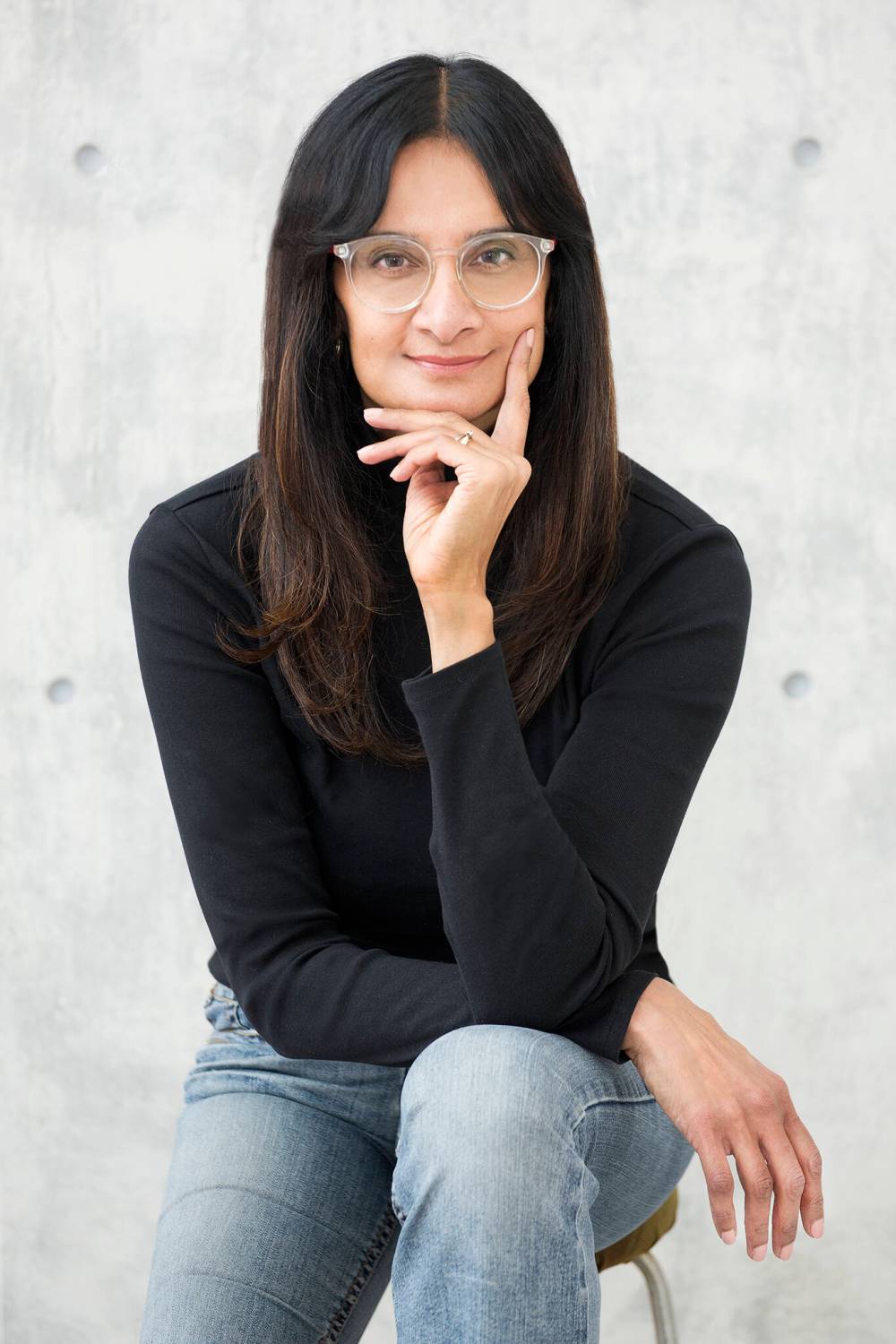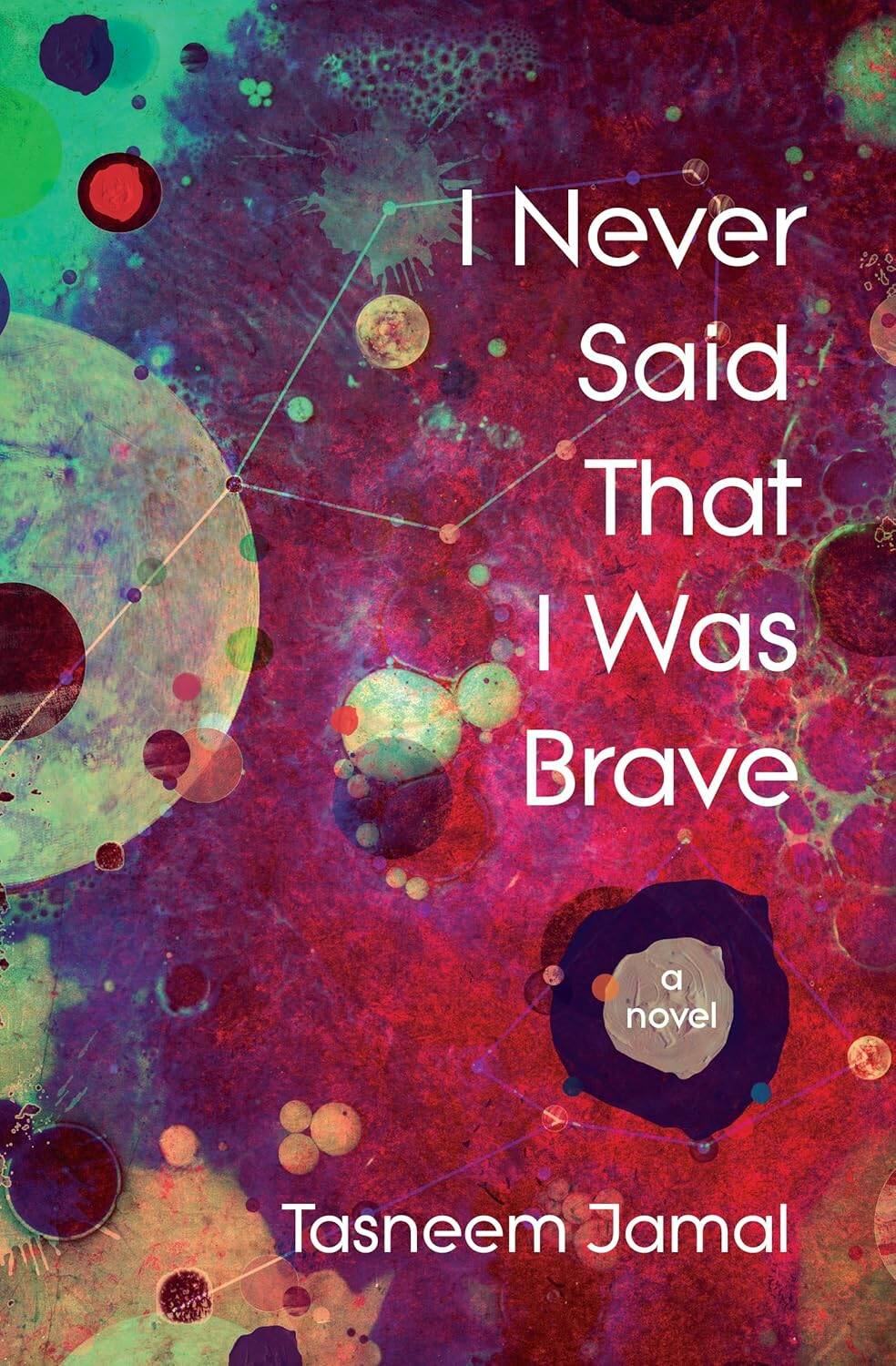A compelling confessional
Accepting, understanding the past pivotal to plight of immigrant pair
Advertisement
Read this article for free:
or
Already have an account? Log in here »
To continue reading, please subscribe:
Monthly Digital Subscription
$0 for the first 4 weeks*
- Enjoy unlimited reading on winnipegfreepress.com
- Read the E-Edition, our digital replica newspaper
- Access News Break, our award-winning app
- Play interactive puzzles
*No charge for 4 weeks then price increases to the regular rate of $19.00 plus GST every four weeks. Offer available to new and qualified returning subscribers only. Cancel any time.
Monthly Digital Subscription
$4.75/week*
- Enjoy unlimited reading on winnipegfreepress.com
- Read the E-Edition, our digital replica newspaper
- Access News Break, our award-winning app
- Play interactive puzzles
*Billed as $19 plus GST every four weeks. Cancel any time.
To continue reading, please subscribe:
Add Free Press access to your Brandon Sun subscription for only an additional
$1 for the first 4 weeks*
*Your next subscription payment will increase by $1.00 and you will be charged $16.99 plus GST for four weeks. After four weeks, your payment will increase to $23.99 plus GST every four weeks.
Read unlimited articles for free today:
or
Already have an account? Log in here »
Hey there, time traveller!
This article was published 23/11/2024 (361 days ago), so information in it may no longer be current.
Tasneem Jamal immigrated to Canada in 1975 from Uganda, and works as the writing coach of The X Page Storytelling Workshop and as an editor at the New Quarterly magazine. Set between the 1970s and 2010, and between the Greater Toronto Area and the B.C. interior, I Never Said That I Was Brave is her second novel.
The story is told in first-person by an unnamed protagonist seemingly speaking directly to the reader — an interesting choice as it makes the character universal, but also more remote and unknowable. The protagonist is telling the story as an adult woman looking back on her childhood and young adult years, and her complicated friendship with Miriam.
Like the protagonist, Miriam comes from a traditional Muslim family of South Asian descent who settled in Uganda and end up in Canada. In the very first sentence of the novel’s prologue, we learn Miriam is dead; by the third page, we know she died by suicide, taking her four-year-old daughter with her. Rather than building up to this moment as a surprise, the novel instead is a chronicling of the narrator’s attempt to understand Miriam’s actions by untangling her past.

Stan Switalski photo
Tasneem Jamal’s novel explores the ways jealousy and resentment test the loyalties of her two main characters.
The novel is written in a confessional style that has the feel of oral culture and storytelling; the narrator could be speaking to children or grandchildren, nephews and nieces, or spilling her guts to a date over dinner or coffee.
The language is economical but powerful, delving into both the racist underbelly of Canadian society and the baggage transmitted by their mothers to the narrator and Miriam regarding their identity and purpose as women. In a series of anecdotes, Miriam and the narrator navigate childhood tragedies, playground racism, being the first in their families to attend university as well as the experience of dating and relationships as women whose mothers’ marriages were arranged.
The timeline is not always linear — the narrator veers from decade to decade, with one memory often triggering another in a conversational style. The reader is frequently addressed by the narrator — an example: “I’m getting ahead of myself. I had intended only to tell you about Miriam’s wedding invitation signalling a formal shift in how she addressed herself. Let me get back to describing the early days of our relationship.”
Though the novel explores the big themes of assimilation, identity and differing cultural expectations of women, it is at its heart the story of two specific women. Though they share the same background, they have wildly differing personalities, which create frequent conflict and result in periods of time when they’re not speaking. The narrator is insecure, an observer, a people pleaser, shy, and describes herself as average looking. Miriam, meanwhile, is beautiful, outgoing, popular, charismatic, mercurial, forthright and provocative — and can pass for white.
In two wrenching scenes from her childhood, the narrator is tormented with racial slurs by girls she had considered friends. She doesn’t say a word, keeping her head down, and walks away crying, even when one of the girls starts following her and kicking her. When she tells Miriam, Miriam asks “Why didn’t you kick her back?”
When the narrator and Miriam go out together as young women, it is Miriam who continually draws the attention of men, including those the narrator is interested in. Miriam openly questions her mother’s belief that a woman has no worth without a husband, with a heartbreaking personal cost. It is Miriam who eventually gives the narrator the courage to forge her own path by moving in with her white boyfriend.
Miriam becomes an astrophysicist and the narrator an English teacher, and occasional quotations from poetry or lengthy discussions about the nature of the universe appear. These feel somewhat shoehorned into the novel, detracting rather than enhancing the narrative.

I Never Said That I Was Brave
The real beauty of I Never Said That I Was Brave is in its exploration of the ways jealousy and resentment test the loyalties of the two main characters. It’s a sometimes-tender, sometimes-urgent portrayal of the intensity of feelings that abound in some female friendships — even more than in male-female romantic relationships.
Both narrator and reader find redemption in the realization that we never escape our pasts, but we can understand and accept them. And this, perhaps, is the meaning of the title: we need not be brave. We are only human.
Zilla Jones is a Winnipeg-based writer of short and long fiction.


